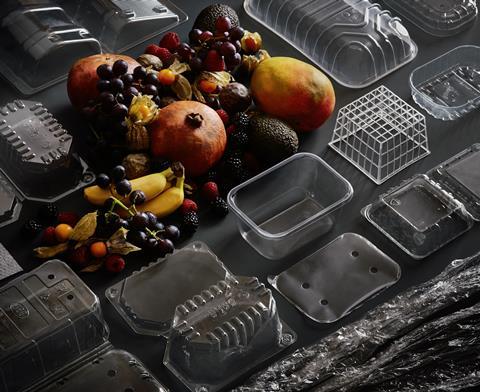MEPs vote to adopt revised regulations that target single-use plastics and call for more reuse and recycling

The European Parliament has brought EU countries closer to a major reduction in packaging waste after it approved a position paper on new EU-wide rules designed to encourage more reuse and recycling.
MEPs approved the report in a plenary vote on 22 November, with 426 voting in favour, 125 against, and 74 abstentions.
Parliament will now begin talks with national governments on the regulations’ final form, once the European Council has adopted its position.
Overall packaging reduction targets proposed in the regulation equate to 5 per cent by 2030, 10 per cent by 2035 and 15 per cent by 2040.
What’s more, MEPs want to set specific targets to reduce plastic packaging – 10 per cent by 2030, 15 per cent by 2035, and 20 per cent by 2040).
Clarification needed
The proposals adopted as a result of the vote have been med with strong criticism, in particular from fresh produce packaging companies.
In a press release issued on the European Parliament website, MEPs said they would try to clarify the requirements for packaging to be reused or refilled.
The new rules require that all packaging should be recyclable, fulfilling strict criteria to be defined through secondary legislation. Certain temporary exemptions are foreseen, for example for wood and wax food packaging.
EU countries will be asked to ensure that 90 per cent of materials contained in packaging (plastic, wood, ferrous metals, aluminium, glass, paper and cardboard) is collected separately by 2029.
Belgian MEP Frédérique Ries, who wrote the report, welcomed the result of the vote. “Parliament is sending out a strong message in favour of a complete overhaul of the EU packaging and packaging waste market,” she commented.
“This legislation is essential for European competitiveness and innovation, and aligns environmental ambitions with industrial reality. Together with effective reuse and recycling policies, we make sure that packaging is safe for consumers, by adding a ban on harmful chemicals in food packaging, in particular PFASs.”
In 2018, packaging sales in the EU amounted to €355bn. According to Eurostat, packaging waste in the EU-27 was 84m tonnes in 2021, up from 66m tonnes in 2009.
Without intervention, it says, per-capita packaging waste in the EU is predicted to rise from 188.7kg in 2021 to 209kg by 2030.



